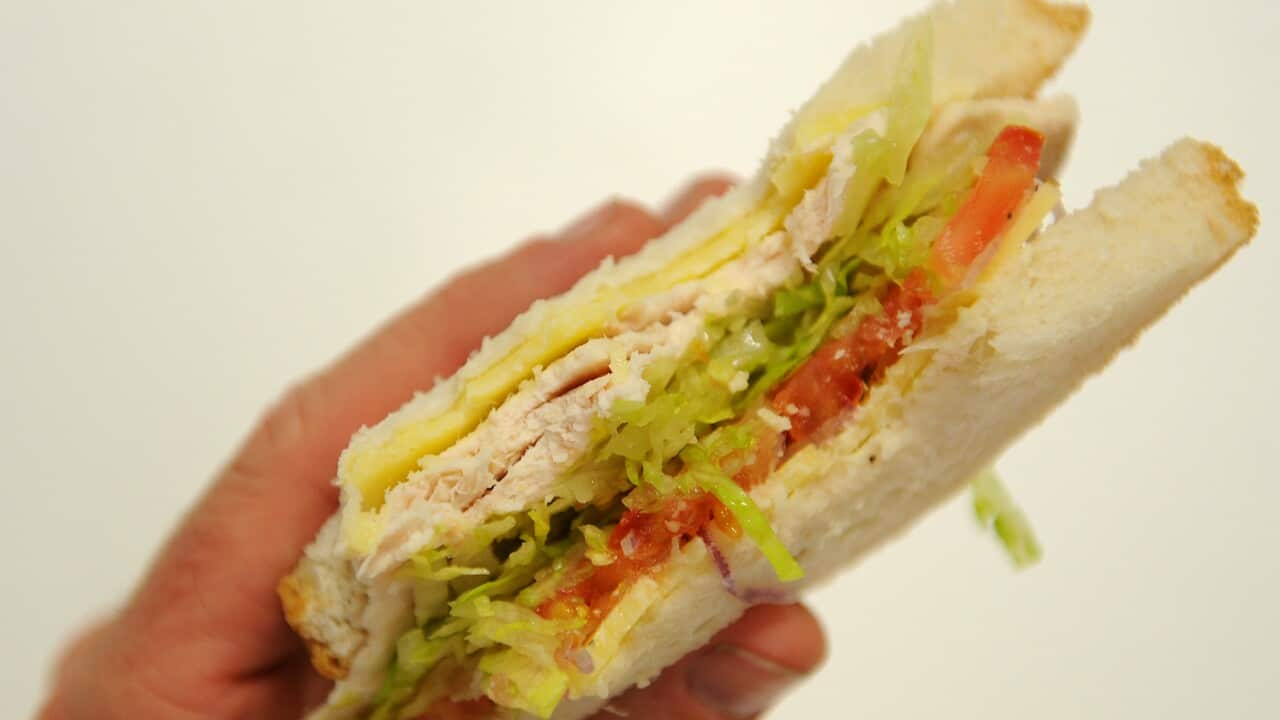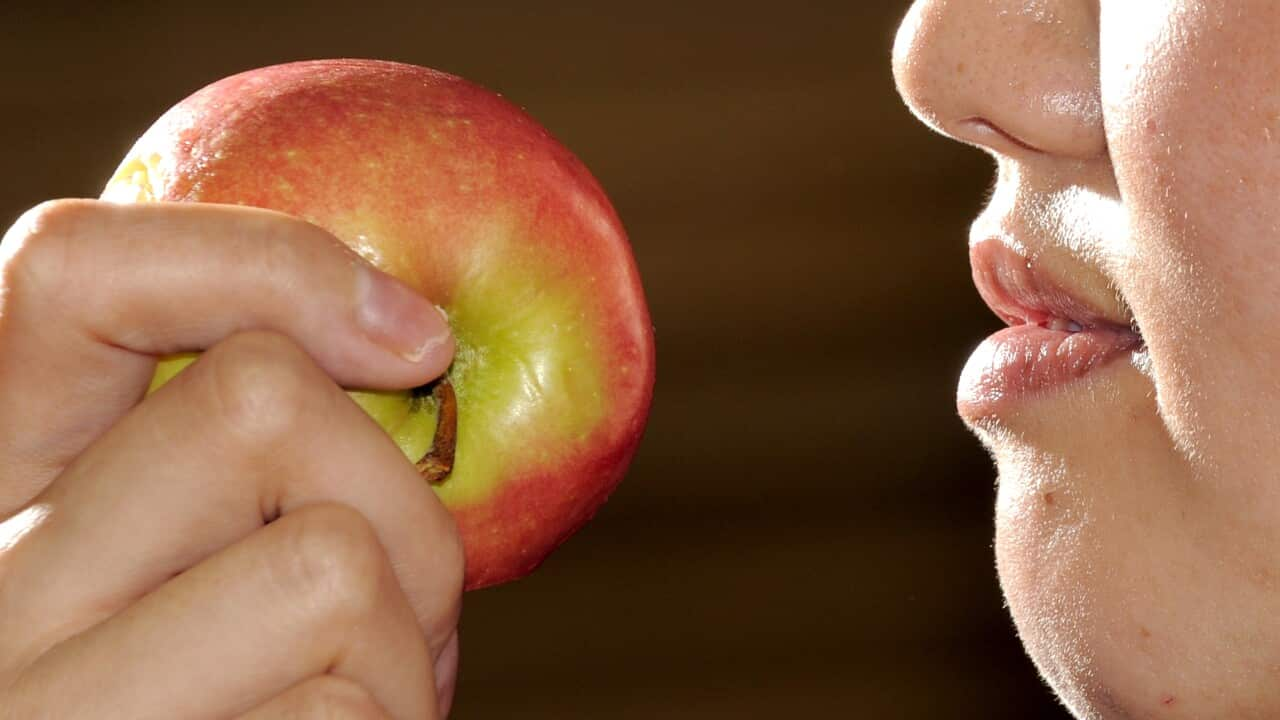I’ve been skinny. I’ve been overweight. I’ve spent years counting calories, standing on the scales and judging. I’ve also gone through periods of not caring about my weight at all.
What is healthy? What is overweight?
Where do I draw the line, for me?
It’s been a tough question to work out.
This week, I was lucky enough to be in the audience for Q&A’s “All About Women” episode, and ask a question of Lindy West, Seattle-based writer, feminist and body image advocate who promotes “fat acceptance”. While I’m a fan of the majority of her messaging, I geared up the courage to ask West if by promoting fat acceptance if she might be, by default, promoting obesity and the all-encompassing health risks that come along with it.
I wasn’t impressed with her response, including a statement about self-love (which I’m all for by the way) and a line “it’s not a moral imperative to be healthy”.
“Healthy? Yes. Skinny? No.” I wanted to say.
If not for ourselves, then don’t we have an imperative to try to be healthy for our families, partners and friends, regardless of our body shape or size? How we treat our bodies’ impacts on our chances of living a long, healthy disease-free life. And, if you’re lucky enough to live in a society that provides fast and free health care, then being healthy also has many benefits, including reducing waiting times and saving money from treating illnesses to spending more on research and disease prevention for us all.
To make statements like “I get to decide what I put in my body”, is right but also seems a little selfish to me. Sure, we have personal autonomy over our bodies and can decide what we put in them, but let’s be reminded that people once 'decided' to smoke. People once 'decided' to drink drive.
I’d like to clear up a few facts. There’s no doubt that society shames and ridicules overweight people. I get it. I’ve been there (on the receiving end that is). But there’s also no doubt that we, as a society, are gaining weight.
Sure, we do have personal autonomy over our bodies and can decide what we put in them, but let’s be reminded that people once “decided” to smoke. People once “decided” to drink drive.
In fact, , and with this comes risks. Health problems can begin with a person being just a little overweight. A high BMI
We know the reasons for gaining weight and remaining overweight are complex and varied. Access to healthy food isn’t equal. People living in lower socio-economic areas and those who are Indigenous Kudos for people like Jamie Oliver who are trying to break these barriers through promotion of accessible
In Australia, our statistics are scary. is developing diabetes and obesity is estimated to cost our health system around
(WHO) cites that an increase in calorie dense foods, our sedentary lifestyle and urbanisation as the main reasons for what is, now a global obesity crisis. At the individual level WHO argues, that the answer is a simple one. Move But our relationship with food, or mine at least, has been far more complex and tied with emotions. I’ve have eaten to feel good. I have eaten to feel bad. I’ve restricted my eating and felt, at times, riddled with guilt.
West asked the ABC audience earlier this week to “give permission for people to live their lives and be vibrant and happy”. Isn’t this what we all want in the end?
Last year, I was under a huge amount of personal stress. I lost my way with food. I put on 15 kilos. Despite all the self-love in the world I wasn’t feeling “vibrant” at all. I was tired. My knees hurt. I had trouble sleeping. I lost my motivation.
I choose to be healthy over the acceptance of something less. Sometimes I’m on fire. Sometimes not so much. Still, I continue to tread my path. I’m aiming towards balance rather than guilt. To shed a few more kilos and be the vibrant, happiest, healthiest version of me, which doesn’t equal “skinny”.
Ashleigh Mills is a freelance writer with qualifications in public health.




